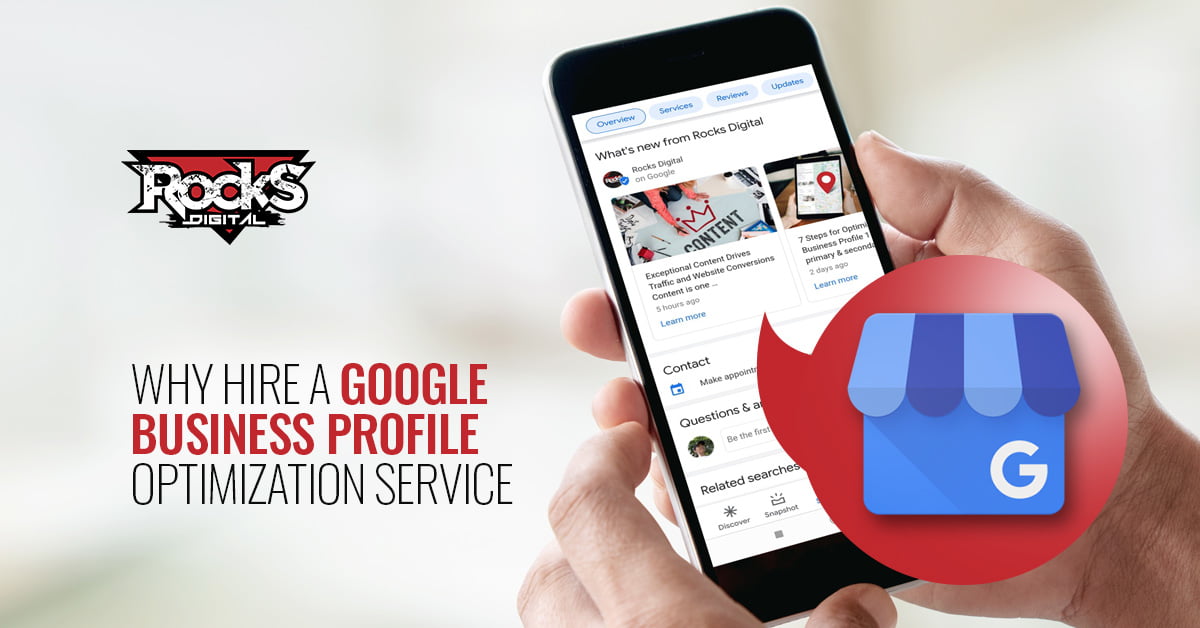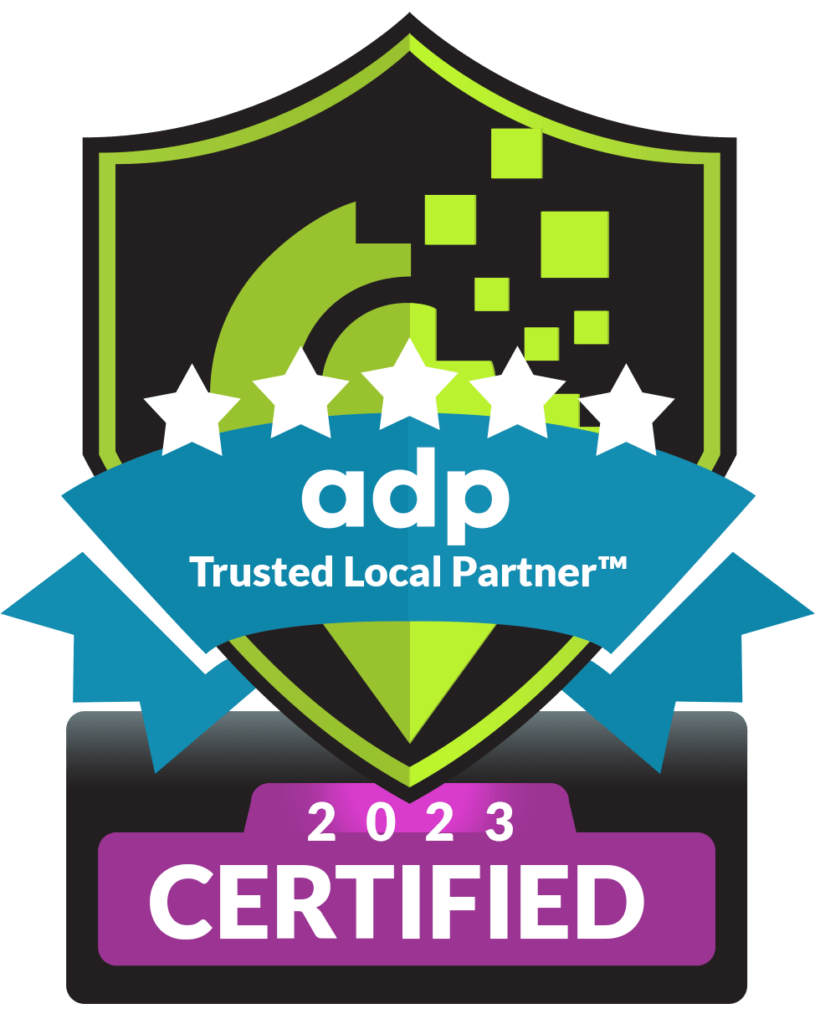
If you run a successful business and you aren’t active on social media, we need to talk. Yes, this post on how to optimize social media is very important to your business, and you can’t neglect that. The presence of a social media network can treat your business right. The maintenance and building of relevant followers is good for a healthy profile and serves as a foundation that will back up all your efforts.
Social media optimization is an essential factor if you want your business to rank well in Google search results. It is an important strategy that a lot of companies are ignoring, although it is vital to help you obtain an outstanding Google rank. An effective social media technique starts with social profile optimization. The first thing new users do is look at your profile, so it’s important!
Optimize Social Media and Reap Multiple Benefits
Some of the essential search engine optimization you should do includes:
- Google search
- Search was done on every social network
Optimizing your social networks has both indirect and direct benefits. Helping your profile get found and getting customers in touch with you – and getting visits to your business site – is one of the top merits.
8 Ways to Optimize Social Media
Giving your website extra links from your social network profile is an indirect benefit you might receive. These are two important factors in using social media marketing to support your business. Here are doable tips to help optimize your social media platforms.
1. Link Your Social Networks with Your Website
Use direct links from the web and connect them to your social networks. Also link from your social media profiles back to the website. Further, you can add a social network sharing button to blog posts.
Links on social media are seen as high-quality links, because social sites tend to contain high web authority. It doesn’t matter how new your Facebook page is, it will rank, and it will have a good ranking in the SERPs because Facebook has high authority.
2. Stay Consistent
To be frank, you will find out that creating a social network profile is easy. But it is an area most businesses fail to fulfill. Most of them do not completely fill in their profile information. The secret is that search engines tend to favor social profiles with complete information.
It also gives your business a professional look compared to those with incomplete social media profiles. To sum up, make sure the information available on your website is the same as the info represented on your social networks.
3. Make Use of Keywords in Posts
Keywords are an essential part of blog content, websites, and any ad campaigns you can do. Thus, it should not be a surprise to you if I say they also play a role in the social content you share. It is also an aspect that will help your content get shown to your targeted, relevant audience.
How you can do that:
- Find the most relevant search terms. You should look for terms related to your business that are highly searched. You can use Google Keyword Planner to do that.
- Put the researched keywords in your social media profile. The terms should be seen in your LinkedIn job description, job title, and skills. Make it appear in the copy of your bio, experience, photo names, category, and interests.
- You should avoid just dropping the terms anywhere you feel they should be. Place them in your bio with precision.
4. Socialize with Your Social Media Followers
Social signals are vital factors as far as SEO is concerned. That’s because search engines review social signals and use them to factor how frequently you post, and the number of people you interact with. They also look for any social sharing that took place and that led visitors to your site.
Most brands forget to stick to building relationships by socializing with their followers. You should form a habit of sharing helpful tips with your customers, and participate in their conversations by commenting on their posts.
5. Use SEO Keywords on Social Media Accounts
To make good use of social media make sure you use keywords, as they play a major role. Embed your keyword phrases in social media profiles, but in a way that looks natural. The proper placement of keywords in your profile will help you have a better ranking on Google and also on social networks.
6. Make Sure you Fill Your Bio with Engaging Content
Use of keywords in your posts will be useless if you have an incomplete bio. It’s the dumbest mistake you can make! In fact, it is a sure way of telling your target audience that you’re lazy and unprofessional. Again, don’t write just anything because I said fill out your bio, as that’s the same as leaving it empty. There is no difference.
Instead, fill in your bio with copy that explains what your business does. Ensure the wording is engaging and fun. It will motivate the target audience to take a glimpse at your feeds and profile.
7. Request Customers Give a Review
The presence of positive reviews on your social networks is a great boost. It will help you earn trust from your target audience and turn strangers into customers. You can decide to draft a few messages and send to a few people, asking them to write a review on your page.
How you can do it:
- Pin tweets that are positive. They can be tweets from clients recommending your service. Anyone that visits your site will be able to see it. Furthermore, you may ask for endorsements and make them into content to share on Instagram, Pinterest or Facebook. Just find a way that works for you and build that social proof.
- Use LinkedIn endorsements. You can have people endorse some of the skills you placed on your profile. However, you will need to help them draft an endorsement that is appealing and unique. It is a powerful act that may land you a client through LinkedIn.
- Use the reviews section on the Facebook page. This part of the Facebook page allows your customers to write reviews. Good reviews can lead to getting connected to more clients. Bad reviews can damage your brand.
8. Remove Tags to Your Page from Inappropriate Photos and Posts
You should be vigilant about what photos individuals and other pages may tag you on. Cleaning up your profile is a good way to shape a good image for your brand on social media. To take control of who should tag you on their posts, go check the photo tagging setting. You should make the setting align with the social media policy of your brand.
The photo tagging setting gives you control over who should tag you in their posts. Also, if you would like the tags to appear on your profile before you approve them, you can do that (there’s a lot of features). Just take your time, go through them, and pick what best works for you.
Facebook gives you permission to approve tags and review photos – and also untag yourself on photos where you were tagged, but that you feel are inappropriate.
Instagram gives you control to approve posts that you have been tagged in before making them appear on the profile.
Twitter, on the other hand, restricts anyone who can tag you in a photo. In addition, it can remove the tags.
You should form a habit of frequently reviewing posts that you were tagged in (let’s say on a weekly basis).
Don’t be tempted to turn off tagging. You’ll sound like Mr. Bean when he threw his alarm clock in a jug of water to avoid waking up. Well, he forgot that tomorrow he might need the clock. Enough said – understand that you might need the tagging feature tomorrow.
Here’s why it’s important to leave it on. For example, on Instagram, a customer may tag you on a photo of a product he wants. The photo will appear in a section called “photos of you.” Such photos are good in terms of engagement. It gives a customer additional photos if he or she happens to be looking at your profile.
Use Keywords with Care When You Optimize Social Media
If you want to optimize your social networks, you need to include keywords in your social profiles. It is essential to help you rank well in terms of keyword search on Google and in the social network search. Overall, your social network profiles should always aim at reinforcing your brand.
Which tip do you see as most powerful for your business? Are you already having conversations with your customers? Share your experiences in the comments!
Stevan McGrath
Stevan McGrath is a marketing professional and a freelance writer. His specialties include digital marketing, SEO, and social media. Need a specialist writer to write on these? You just found the right person.


















